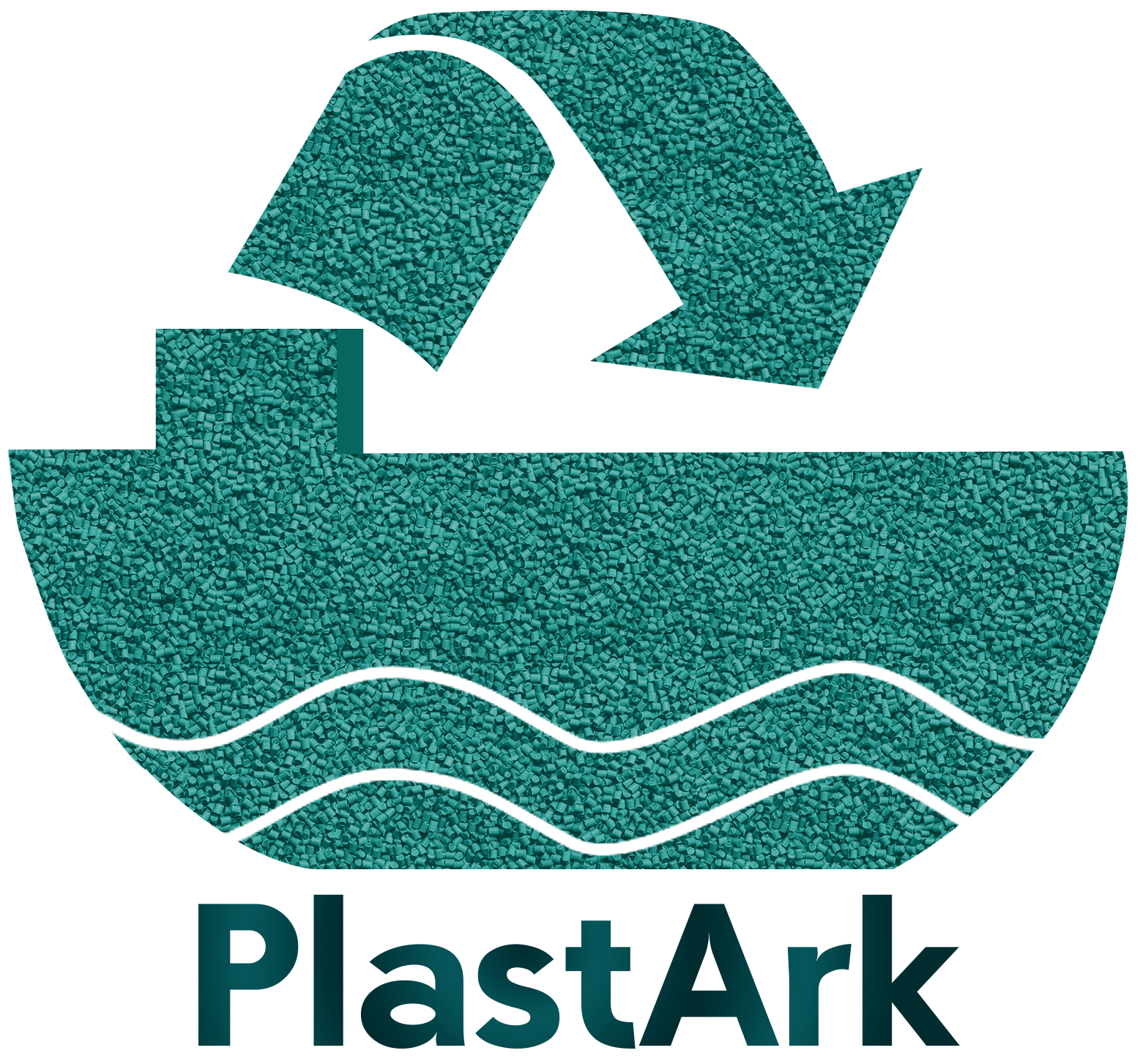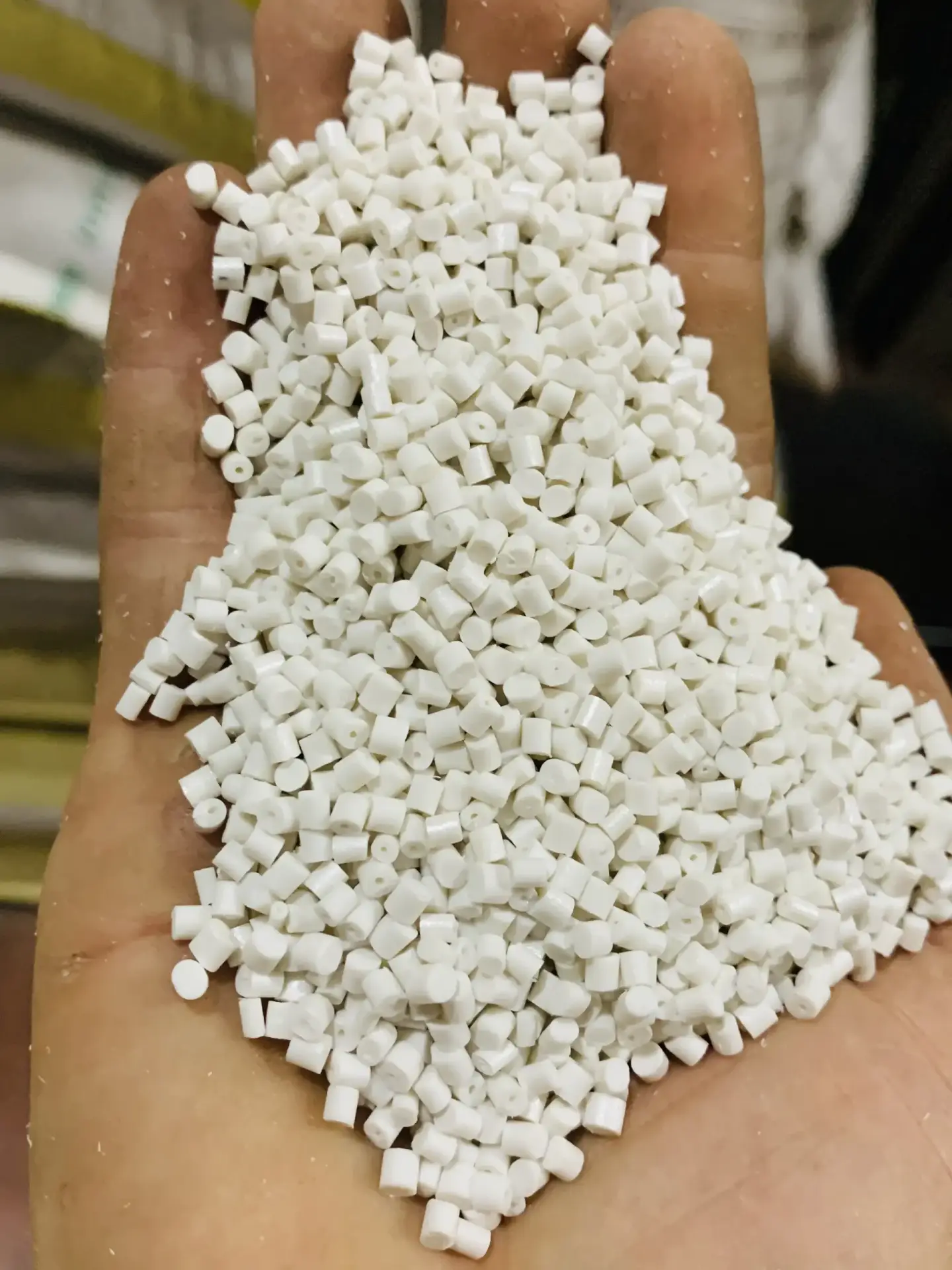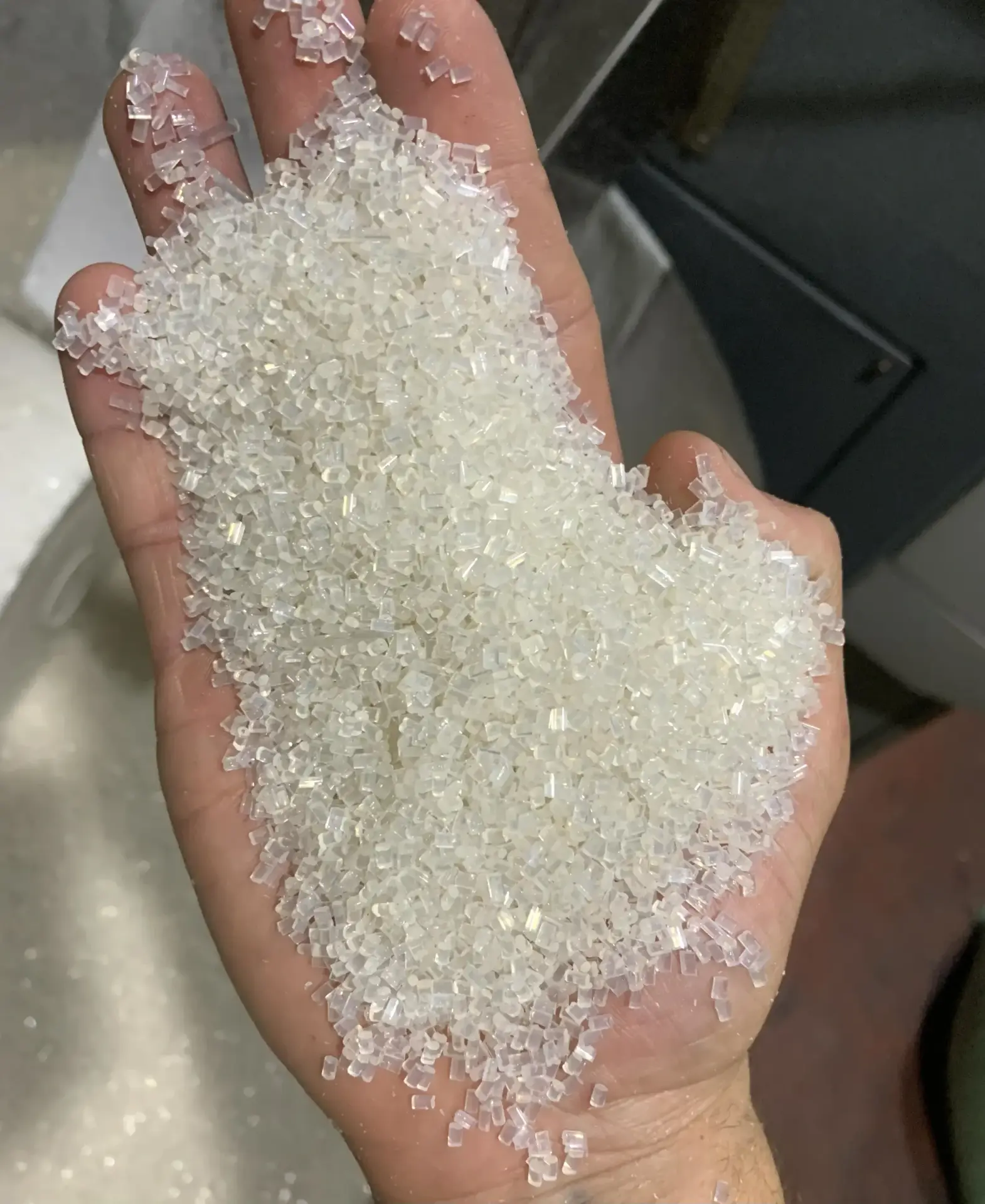Recycled Polystyrene (GPPS)
What is Recycled Polystyrene (GPPS)?
Recycled Polystyrene (GPPS) is a durable, transparent, and lightweight plastic widely used across industries. Its recycling process preserves essential properties like strength and clarity, making it an eco-friendly and cost-effective solution for various applications. GPPS stands out for its ability to be recycled multiple times without significant quality loss, supporting sustainability in manufacturing and packaging.
The relationship between polystyrene recycling and the environment
Recycling polystyrene plays a crucial role in reducing the environmental impact of plastic waste:
- Reducing waste: Recycling lowers the amount of plastic waste that ends up in landfills or pollutes the environment.
- Resource Conservation: Recycling one kilogram of polypropylene reduces greenhouse gas emissions compared to producing it from raw materials.
- Energy Efficiency: Recycling requires less energy compared to producing new plastic.
- Marine Life Protection: It prevents polystyrene waste from reaching oceans and rivers.
“With every recycling effort, we take a step closer to a cleaner environment and a more sustainable future.”
Scientific properties of recycled polystyrene (GPPS)
- High Transparency: It retains its optical clarity even after recycling, making it ideal for packaging applications.
- Rigidity: It has good resistance to impacts and scratches, ensuring product longevity.
- Lightweight: Contributes to reduced transportation costs and ease of handling.
- Thermal Insulation: Acts as an effective thermal insulator, making it suitable for applications requiring this property.
- Recyclability: Can be recycled multiple times while retaining most of its properties.
“Recycled Polystyrene demonstrates how plastic can be transformed into a sustainable and versatile material.”
The process of recycling polystyrene
The recycling process of polystyrene involves several precise steps to ensure its quality is maintained:
- Collection of Plastic Waste: Products made from Polystyrene (GPPS), such as cups, trays, and packaging materials, are collected.
- Cleaning and Sorting: Contaminants and impurities are removed to ensure the material’s purity.
- Shredding: The plastic is shredded into small flakes to facilitate processing.
- Melting and Reformation: The material is melted and formed into pellets or flakes, which can be used to manufacture new products.
“Each step in the recycling process is designed to minimize waste and achieve the highest quality standards.”
Uses of recycled polystyrene (GPPS)
- Packaging:
- Cold Drink Cups: Used to make lightweight and transparent cups.
- Packaging Trays: Food trays or non-sensitive industrial tools.
- Protective Materials: Packaging for fragile products during shipping.
- Household Industries:
- Storage Containers: Transparent boxes and containers for household items.
- Decorations: Lightweight and transparent decorations for home use.
- Electronics Industries:
- Device Casings: Used to protect small, lightweight components.
- Internal Parts: Simple plastic components for electronic devices.
- Agricultural Industries:
- Seedling Trays: Used to make planting trays that are lightweight and cost-effective.
- Recreational Industries:
- Toys: Manufacturing hard, break-resistant plastic toys.
- Accessories: Transparent parts used in recreational equipment.
- Construction and Building:
- Insulation Materials: Thermal insulation boards used in construction projects.
- Lightweight Panels: Used for surface coverings or as support materials.
CONCLUSION
By choosing products made from recycled polystyrene, you contribute to environmental protection and reduce plastic pollution. Through supporting recycling, we help build a more sustainable world and demonstrate how innovative technologies can shape the future.
“At PlastArk, we redefine plastic and transform it into added value for both society and the environment.”


